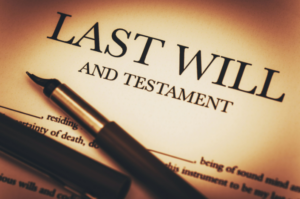Escalation of Clauses in Real Estate Contract
Today, we’re delving into a crucial aspect of real estate transactions: escalation clauses. Whether you’re a seasoned listing agent or a determined buyer’s agent, understanding escalation clauses can be the key to maximizing sale proceeds or securing that dream property in a competitive market. What Exactly is an Escalation Clause? An escalation clause is more than just a fancy term—it’s a strategic tool embedded within real estate contracts. Essentially, it’s an addendum or clause that empowers the buyer to increase their purchase price offer if competing offers emerge. Picture this: you submit your offer, complete with a standard purchase price and terms, but with the added twist of an escalation clause. Now, if a competing offer comes in, driving up the net sale proceeds for the seller, your offer automatically adjusts, ensuring you remain in the game. Three Compelling Reasons to Utilize Escalation Clauses Let’s break down why escalation clauses are a game-changer: The Five Essential Components of an Escalation Clause Now, let’s dive into the anatomy of an escalation clause: In addition, it’s advisable to establish a defined number of escalation instances to prevent the process from spiraling out of control and maintain a sense of structure and control for the buyer. Conclusion Escalation clauses are not just another contractual provision—they’re a strategic tool that can make all the difference in a competitive real estate market. Whether you’re aiming to maximize sale proceeds or secure your dream property, understanding the nuances of escalation clauses is essential. If you found this information valuable, don’t forget to like and share this video. And for those looking to take their real estate transactions to the next level, be sure to click the link below to access my personal escalation clause addendum. Thank you for joining me today, and until next time, happy house hunting! Check out: Our Latest Video on Escalation of Clauses in Real Estate Contracts


